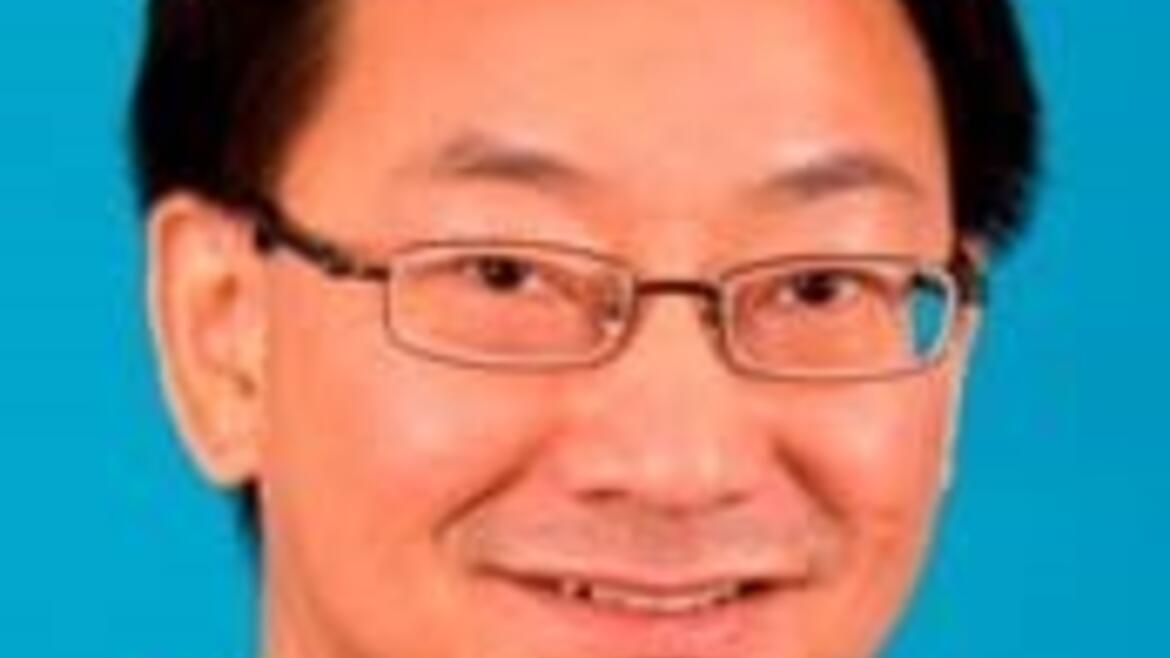Colloquium: William Tang

Microfluidic Platforms for Cell Biomechanics Studies
William C. Tang , Ph.D.
Biomedical Engineering Department
University of California, Irvine
This presentation focuses on the microβluidic platform research to study various cell types through the mechanical modality. Recent research has established that the mechanical structures inside a cell play important roles in healthy cell functions such as growth, proliferation, migration, differentiation and embryogenesis. Similarly, they provide important mechanical biomarkers for diseases such as cancer metastasis, cardiovascular diseases, arthritis and immune dysfunction. We seek to establish tools that allow the studies of mechanical properties of live cells in an in‐vitro environment that does not perturb the natural behaviors of cells. The design, theory, computer modeling, fabrication, and experimental results of a microfabricated platform for cell biomechanics will be discussed. A microfluidic platform to isolate and study avian red blood cells (RBCs) infected to various degrees by the malaria parasite Plasmodium gallinaceum will be presented. The feasibility of using the morphological changes on the surface of the malaria infected avian RBC as biomarkers has been established.
William C. Tang received his Ph.D. in EECS from the University of California at Berkeley in 1990. Since his graduation, Dr. Tang contributed to the MEMS field in the automotive industry at Ford Motor Company, and later in MEMS for space exploration at the Jet Propulsion Laboratory. From 1999 to 2002, he was the MEMS Program Manager at the Defense Advanced Research Projects Agency (DARPA). Since July 2002, he has been on faculty with the Biomedical Engineering Department at the University of California, Irvine. Currently, he is the Associate Dean for Research in the Henry Samueli School of Engineering. His current research interests are in micro‐ and nano‐scale technologies for biomedical research. Dr. Tang is a Fellow and Chartered Physicist with the Institute of Physics (IOP), and a Fellow of the American Institute for Medical and Biological Engineering (AIMBE).